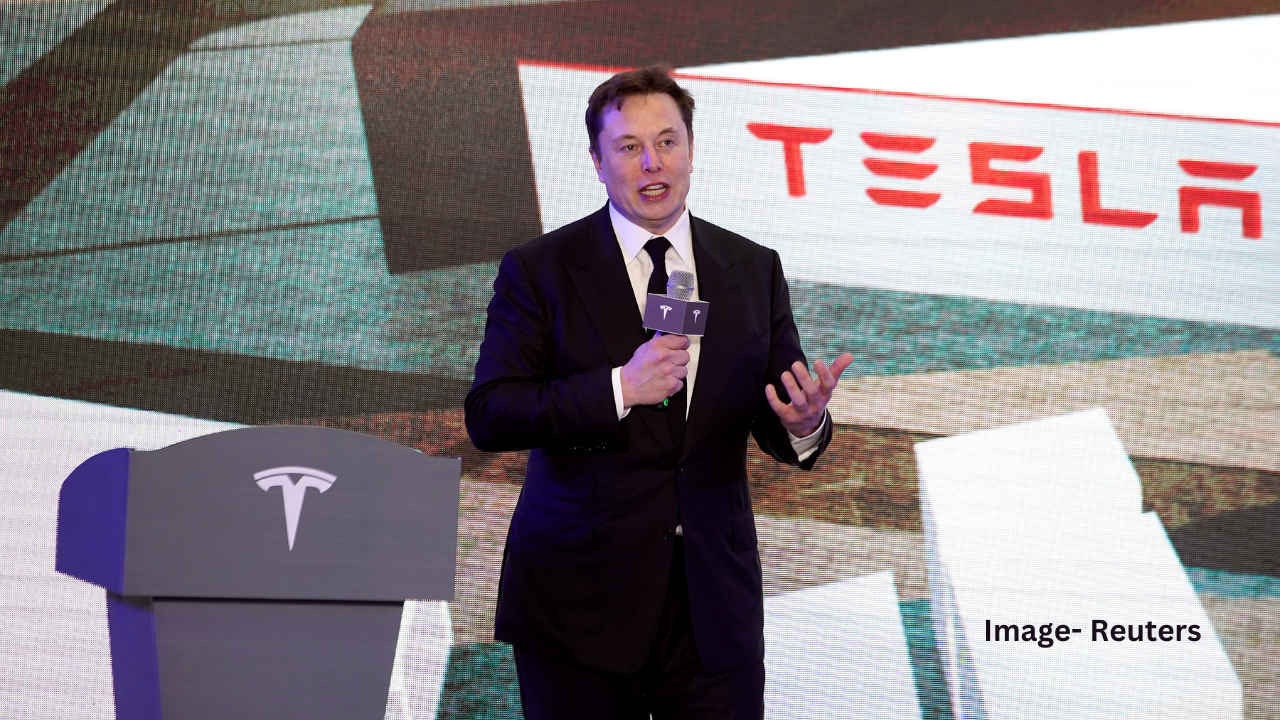
- Home
- Managed Services
- Cyber Security
- Blog
- About Us

We 365 Admin Support, just simplify your IT problems
Call for a free support. +91 96666 59505Platform Partnership
- Who We Help
- Shop
- Contact
- News






HIGHLIGHTS
Table of Contents
ToggleElon Musk’s Tesla, a leading manufacturer in the global electric vehicle market, seems poised to make its entry into the Indian automotive sector. Discussions with the Indian government regarding business expansion have been ongoing; however, these talks faced delays due to several factors, including steep import duties. Recent developments followed Prime Minister Narendra Modi’s visit to the United States, where he met with Musk, prompting Tesla to begin recruitment for various roles in India. This indicates an impending move into India’s booming electric vehicle market.
The renowned electric vehicle manufacturer is seeking to fill over 10 positions across India, including roles such as Inside Sales Advisor, Customer Support Supervisor, Customer Support Specialist, Service Advisor, Order Operations Specialist, Service Manager, Tesla Advisor, Parts Advisor, Business Operations Analyst, Store Manager, and Service Technician. Most of these vacancies are centered in Mumbai and Delhi, as reflected on LinkedIn’s job portal.
Before Elon Musk’s encounter with PM Modi in the USA last week, Tesla had made previous attempts to penetrate the Indian market but faced significant obstacles. The primary challenge stemmed from an exorbitant import duty of 110%, which rendered Tesla vehicles prohibitively expensive for Indian consumers. Moreover, Indian regulators insisted on local manufacturing, which further complicated negotiations. However, it appears that the company is now prepared for a renewed and strategic entry into the Indian market.
In response to high tariff critiques from US President Trump, India has recently slashed custom duties on luxury imported vehicles. The import duty for cars priced above $40,000 has decreased from 125% to 70%. Additionally, import duties on lithium-ion batteries used in electric vehicles have been entirely removed. This strategic move by India is seen as a way to encourage American businesses, particularly Tesla, to invest in the country’s burgeoning electric vehicle sector.
Reports suggest that the recent reductions in import taxes by India may be a calculated response to the “America First” trade strategy championed by President Trump. This policy prioritizes local industries and has seen Trump criticize India for maintaining high tariffs on foreign goods, claiming that India imposes the highest tariffs among significant economies. He has also warned of potential reciprocal tariffs on Indian imports, along with threats that countries in the BRICS alliance, including India, could face tariffs of up to 100% if they moved away from the US dollar. Through this tariff reduction, India seems to be signaling its intent to mitigate trade tensions.
If Tesla successfully enters the Indian market, the company could significantly lower the prices of its premium electric vehicles, which would mark a pivotal moment for its presence in India, where pricing is extremely important. Furthermore, India is witnessing an increasing demand for electric vehicles and corresponding infrastructure, which could help Tesla rebound from its declining sales figures globally. Reports from IBEF indicate that India is projected to become the largest EV market by 2030, with an estimated investment potential approaching $200 billion in the next 8-10 years.
Although it appears that Tesla is currently laying the groundwork for expansion into India, the timeline for when the company will commence vehicle sales remains unclear. Reports indicate that the automaker is actively scouting locations for showrooms, suggesting that vehicle sales could commence in the near future.